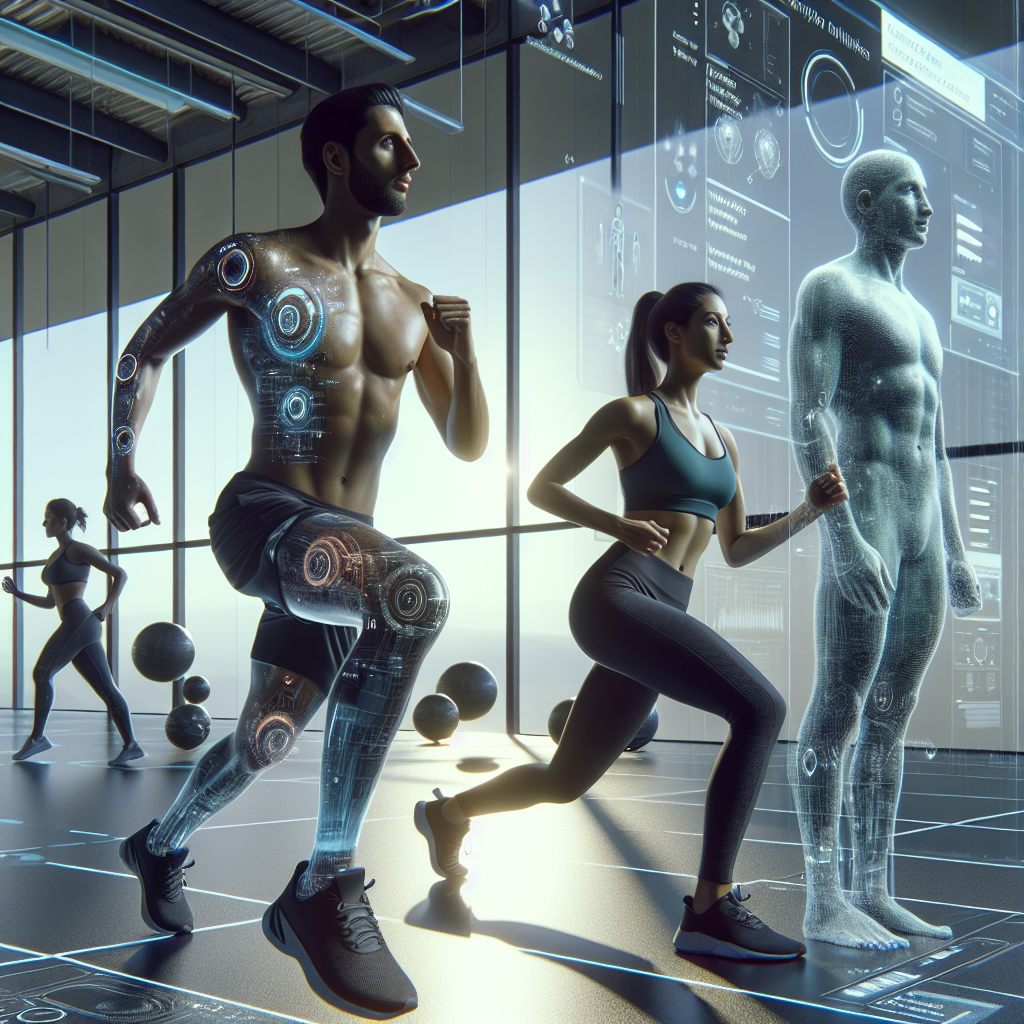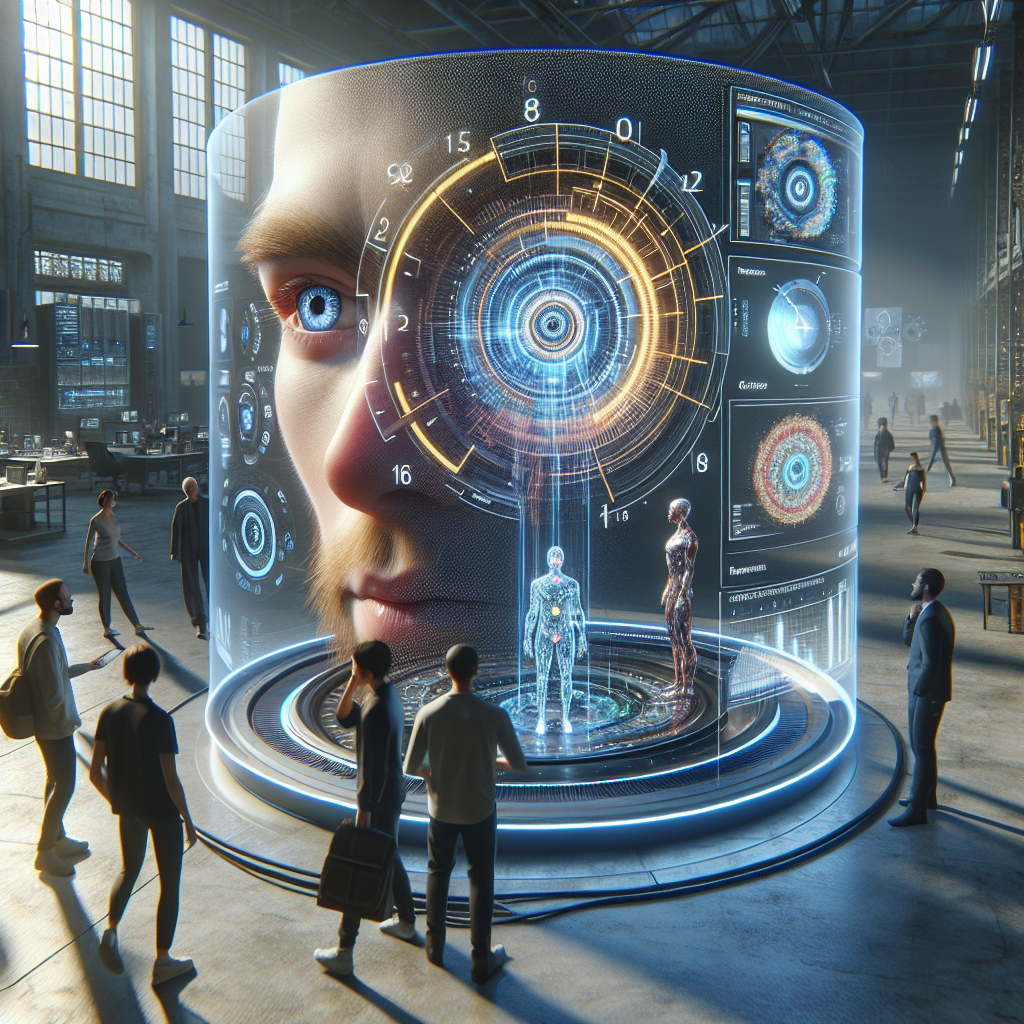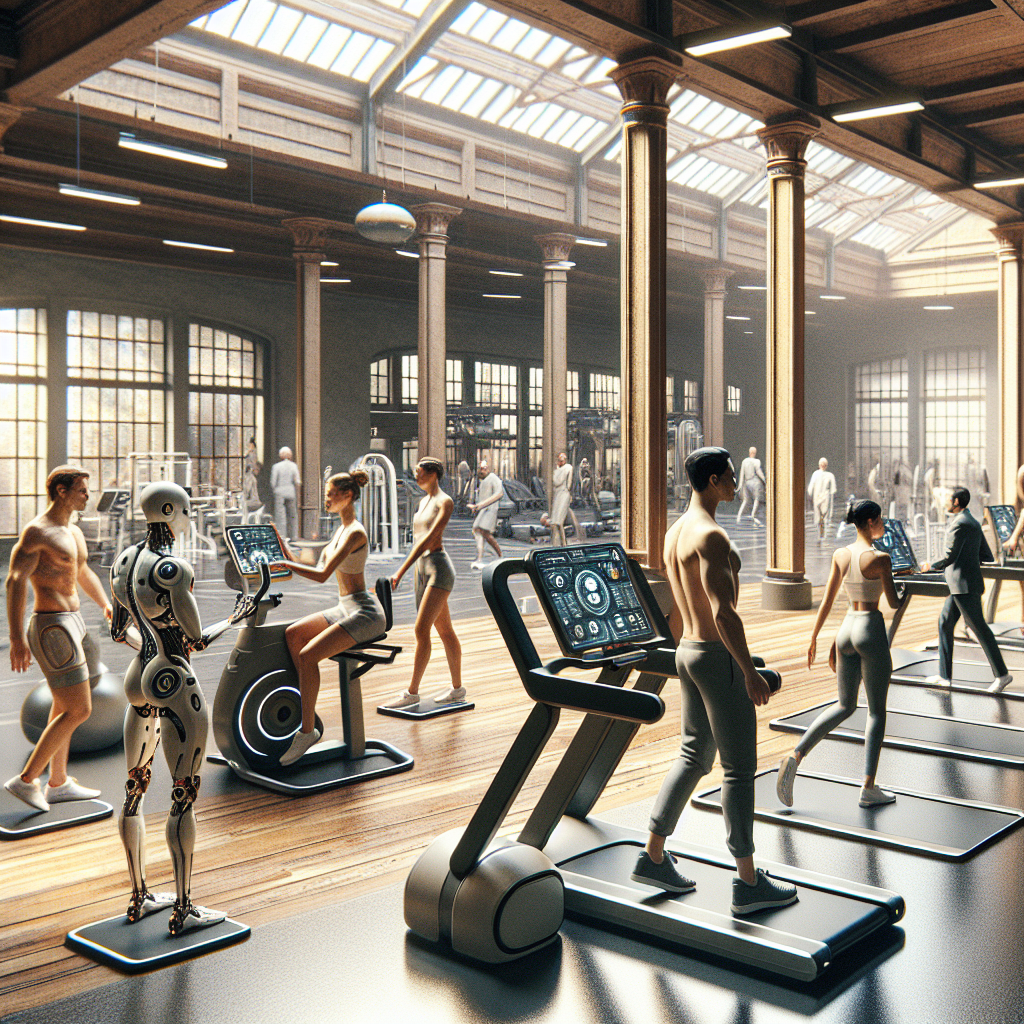AI fitness trackers are revolutionizing senior health by providing personalized, data-driven insights that help older adults monitor and improve their physical well-being. These wearable devices leverage artificial intelligence to track a variety of health metrics, offering seniors and their caregivers the ability to make informed decisions about their health. From tracking steps and heart rate to monitoring sleep patterns and fall detection, AI fitness trackers are becoming an essential tool in promoting active and healthy aging.
The Role of AI in Fitness Tracking for Seniors
AI, or artificial intelligence, enhances the capabilities of fitness trackers by analyzing vast amounts of data to provide personalized health insights. These insights can help seniors maintain an active lifestyle, manage chronic conditions, and even detect potential health issues early.
Personalized Health Monitoring
AI fitness trackers learn from the user’s behavior, adapting to their unique lifestyle and health needs. By analyzing data such as heart rate, steps, and sleep patterns, AI algorithms can provide tailored recommendations to improve health outcomes.
Early Detection of Health Issues
Through continuous monitoring, AI fitness trackers can identify anomalies in health metrics that may indicate potential health issues. For example, a sudden change in heart rate variability might prompt a notification, encouraging the user to seek medical advice.
Key Features of AI Fitness Trackers for Seniors
AI fitness trackers offer a variety of features that are particularly beneficial for seniors. These features not only promote physical activity but also ensure safety and well-being.
Fall Detection and Prevention
Falls are a significant concern for seniors, and AI fitness trackers are equipped with sensors that detect falls. In case of a fall, these devices can automatically alert emergency contacts or healthcare providers, ensuring timely assistance.
Heart Rate Monitoring
Continuous heart rate monitoring helps seniors keep track of their cardiovascular health. AI algorithms analyze heart rate data to detect irregularities, providing early warnings for potential heart-related issues.
Table: Benefits of Heart Rate Monitoring
| Benefit | Description |
|---|---|
| Early Detection of Arrhythmias | Helps identify irregular heartbeats, allowing for early intervention. |
| Stress Monitoring | Tracks changes in heart rate that may indicate stress levels, promoting mental well-being. |
| Exercise Optimization | Provides data to optimize workout intensity for better cardiovascular health. |
Sleep Tracking
Quality sleep is crucial for senior health, and AI fitness trackers provide insights into sleep patterns. By analyzing sleep stages, these devices help identify issues like insomnia or sleep apnea, enabling users to make necessary adjustments for improved sleep quality.
Benefits of AI Fitness Trackers for Senior Health
Beyond tracking physical activity, AI fitness trackers offer a holistic approach to senior health, addressing both physical and mental well-being.
Encouragement of Physical Activity
- Provides reminders and motivational prompts to stay active.
- Sets personalized goals based on individual fitness levels.
- Tracks progress and achievements, boosting motivation.
Chronic Disease Management
For seniors with chronic conditions such as diabetes or hypertension, AI fitness trackers provide valuable data to manage these conditions effectively. By monitoring vital signs and activity levels, users can better adhere to treatment plans and make informed lifestyle changes.
Chart: Impact of AI Fitness Trackers on Chronic Disease Management

Mental Health Support
Mental well-being is a critical component of senior health. AI fitness trackers often include features such as guided meditation and stress management exercises, helping seniors maintain mental resilience.
Challenges and Considerations
While AI fitness trackers offer numerous benefits, there are challenges and considerations to keep in mind when integrating these devices into senior health management.
Privacy and Data Security
Data privacy is a significant concern, as fitness trackers collect sensitive health information. It is essential to choose devices with robust security measures to protect user data from unauthorized access.
Usability and Accessibility
Seniors may face challenges in using technology, so it’s crucial to select devices with user-friendly interfaces and accessibility features. Providing training and support can also enhance usability for older adults.
Case Studies: Real-World Applications
Several case studies highlight the successful implementation of AI fitness trackers in improving senior health.
Case Study 1: Improving Mobility in Seniors
In a community for active seniors, AI fitness trackers were used to monitor daily activity levels. The data collected helped identify trends and optimize exercise programs, leading to improved mobility and reduced fall risk.
Case Study 2: Managing Hypertension
A senior living facility implemented AI fitness trackers to monitor residents’ blood pressure. The continuous data allowed for timely adjustments to medication and lifestyle interventions, resulting in better blood pressure control.
Table: Outcomes of AI Fitness Tracker Implementation
| Outcome | Description |
|---|---|
| Increased Physical Activity | Participants reported a 25% increase in daily steps. |
| Improved Blood Pressure Control | Average blood pressure readings decreased by 10%. |
| Enhanced Quality of Life | Residents experienced improved mood and energy levels. |
Future Trends in AI Fitness Tracking for Seniors
The future of AI fitness trackers for seniors is promising, with advancements in technology poised to offer even more sophisticated health monitoring solutions.
Integration with Smart Home Devices
AI fitness trackers will increasingly integrate with smart home devices, creating a seamless ecosystem for health monitoring. For example, a fitness tracker could communicate with a smart thermostat to adjust the environment for optimal sleep conditions.
Advanced Predictive Analytics
Future AI algorithms will offer predictive analytics, identifying potential health risks before they become issues. This proactive approach will enable seniors to take preventive measures and maintain better health.
Enhanced Customization and Personalization
As AI technology advances, fitness trackers will offer even greater customization, tailoring health recommendations to the individual needs and preferences of seniors. This level of personalization will enhance user engagement and adherence to health goals.
Conclusion
AI fitness trackers are transforming senior health by offering personalized, data-driven insights that empower older adults to take control of their well-being. With features such as fall detection, heart rate monitoring, and sleep tracking, these devices provide a comprehensive approach to health management. While challenges such as data privacy and usability remain, the benefits of AI fitness trackers in promoting active and healthy aging are undeniable. As technology continues to evolve, these devices will play an increasingly vital role in enhancing the quality of life for seniors.
Transform Your Fitness Journey Today!
Discover the Future of Fitness with PurelyFit
Say goodbye to expensive trainers and confusing diet plans. Experience smarter, AI-driven workouts that are tailored to your unique goals. With over 600,000 recipes for every lifestyle and real-time progress tracking, achieving your fitness milestones has never been this simple. Revolutionize your approach to health and nutrition. Start your journey with PurelyFit now and see the faster, smarter difference!













